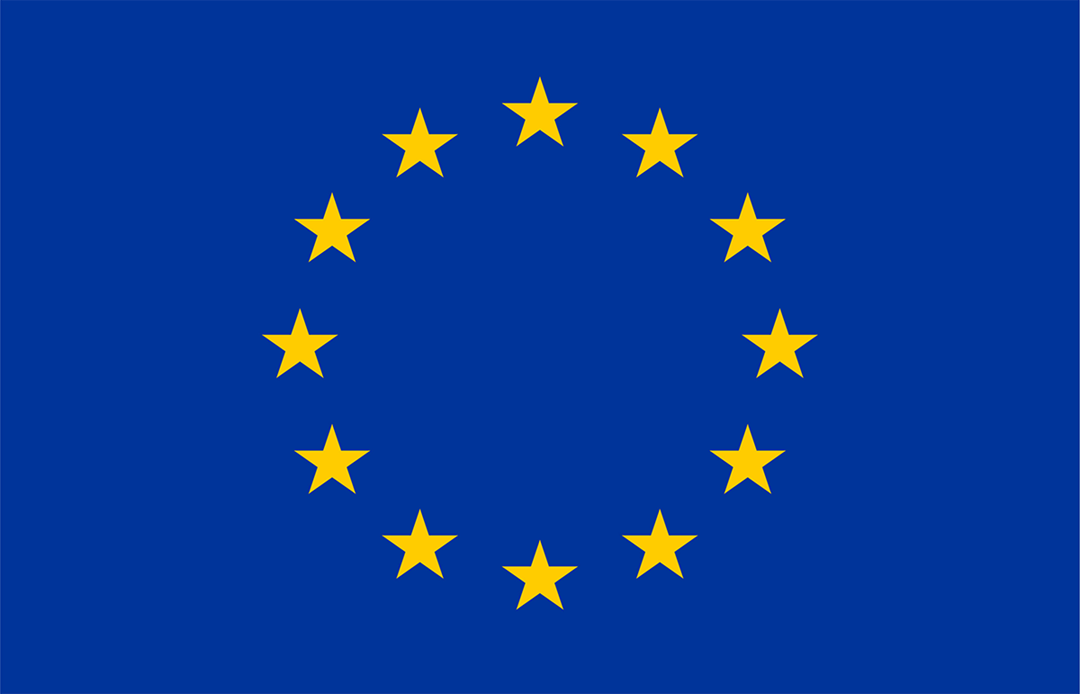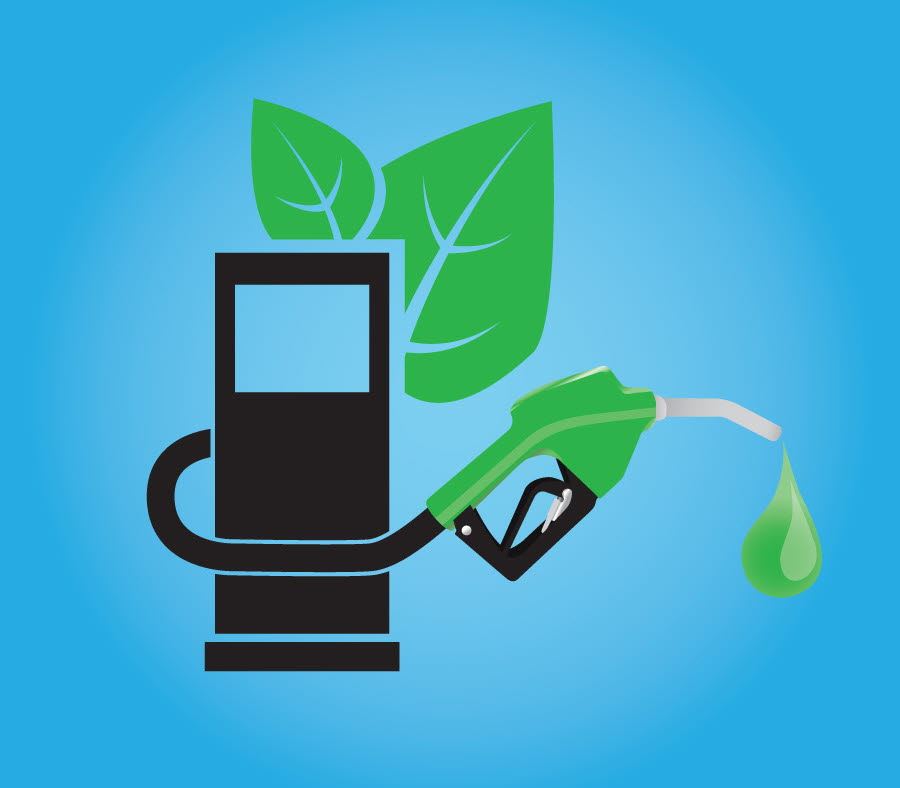The main objectives of 4REFINERY are:
- To develop new biofuels production technology while at the same time increase understanding and control of the entire value chain
- To scale up testing procedures and define scenarios for the best further implementation in existing refineries
- To develop solutions to answer key societal & environmental challenges
SINTEF's main tasks in the 4REFINERY project are coordination, chemical and physical oil analysis, as well as upgrading by hydrotreatment for process optimization of integrated solutions.
The project will focus on the transformation of bio-liquids from fast pyrolysis and hydrothermal liquefaction into advanced biofuels, through intermediate process steps combined with downstream co-processing technologies. The goal will be to bring these technologies from TRL3-4 to TRL4-5. The project will establish relations between product's properties, the quality of renewable feedstocks and all relevant process parameters along the value chain. The study of these combinations will allow a full understanding of the influence of feedstock and treatment processes on product characteristics.
4REFINERY will 1) use inexpensive biomass, 2) require low capital cost processes at small scale, 3) reduce costs for further treatment due to scaling up and reduction in OPEX and 4) leverage existing infrastructure, ensuring the new developments can be rapidly implemented at a commercial scale for production of biofuel with competitive prices compared to its alternatives.
Partners: SINTEF, CNRS, BTG, VTT, Repsol, Aalborg University, E4Tech, MOL
This project has received funding from the European Union's Horizon 2020 research and innovation programme under GA No. 727531


